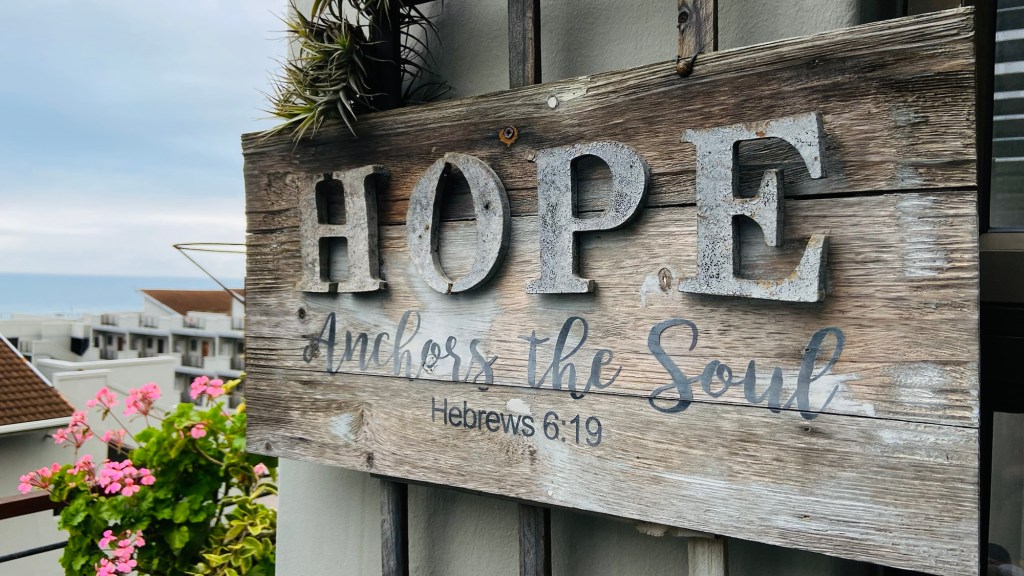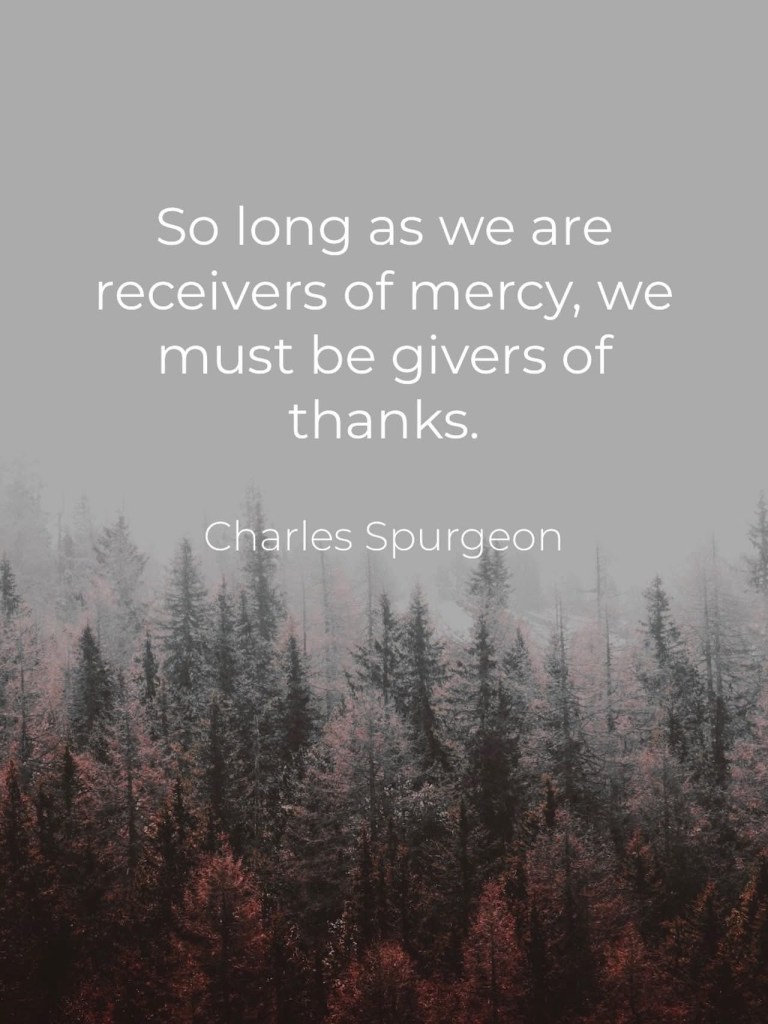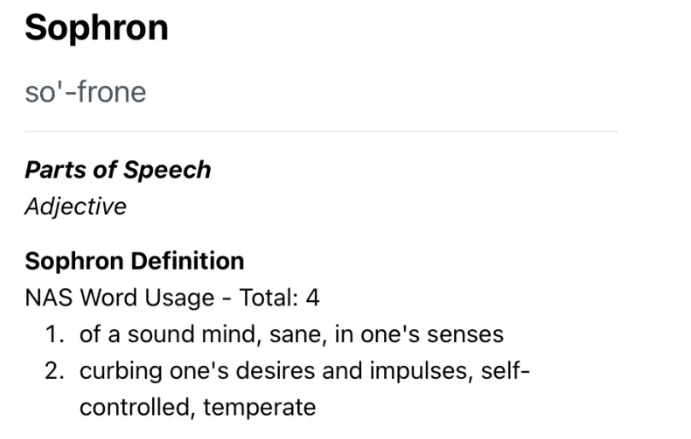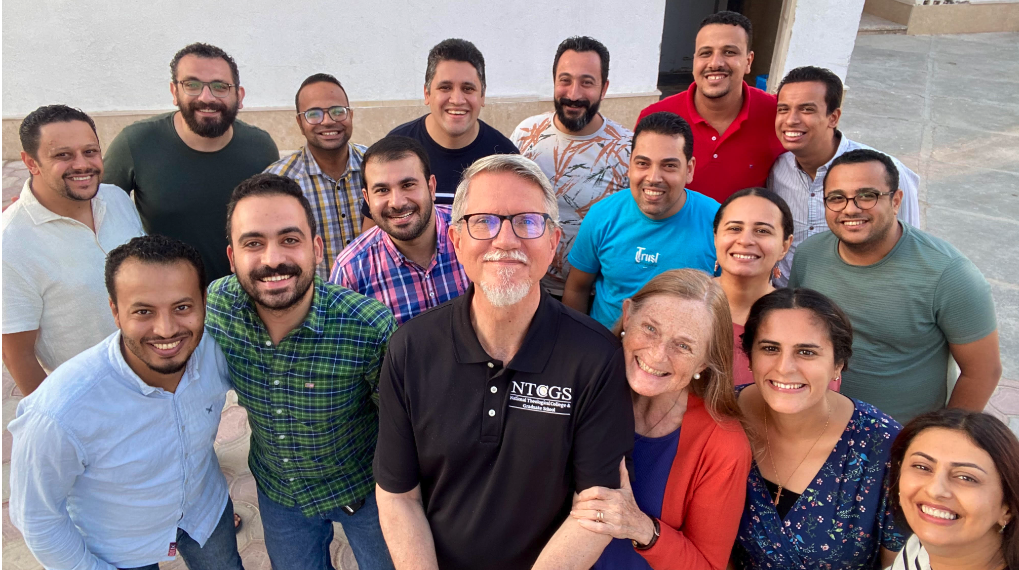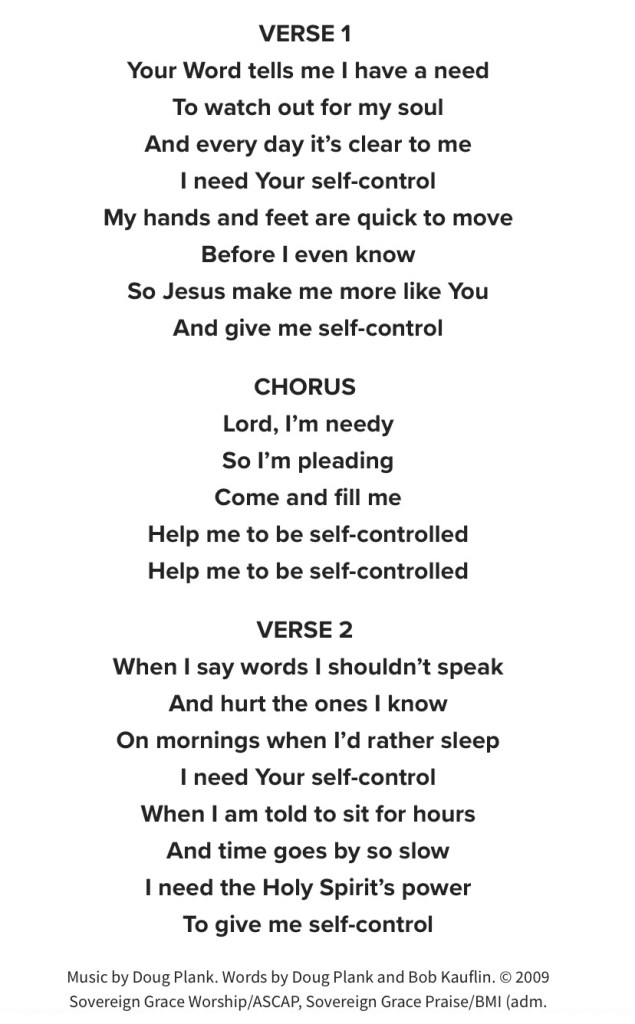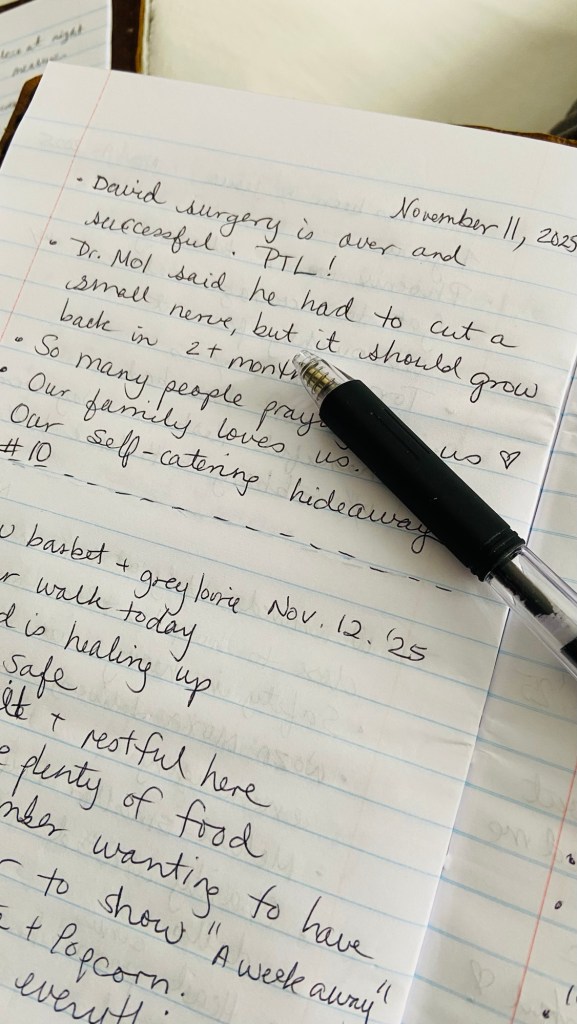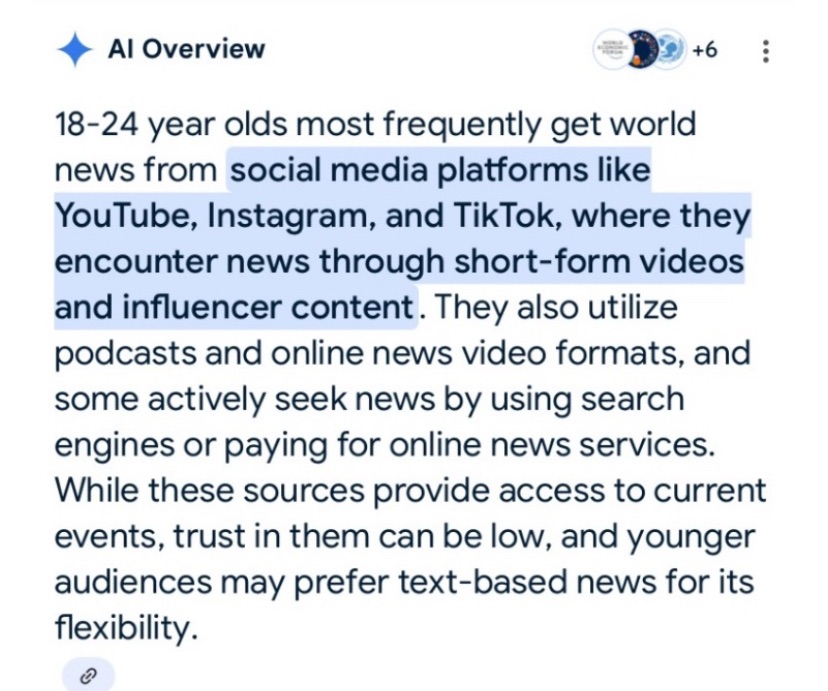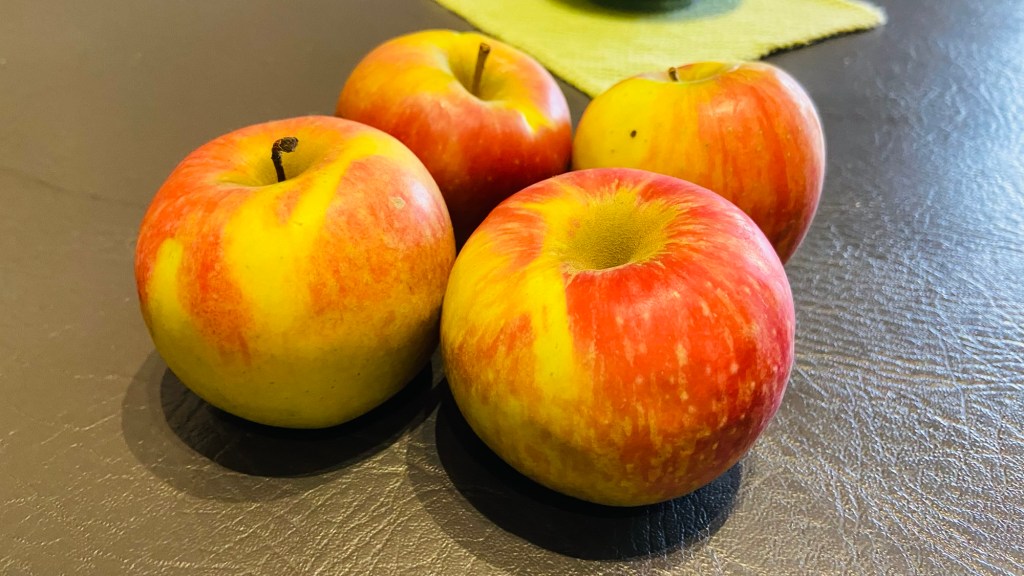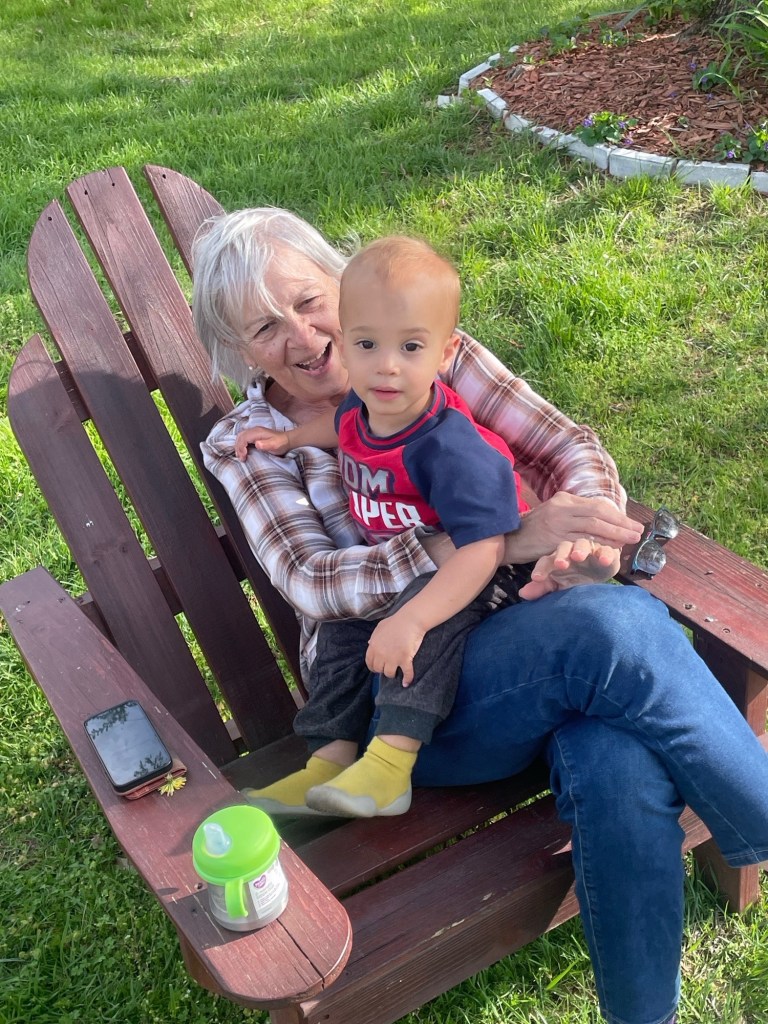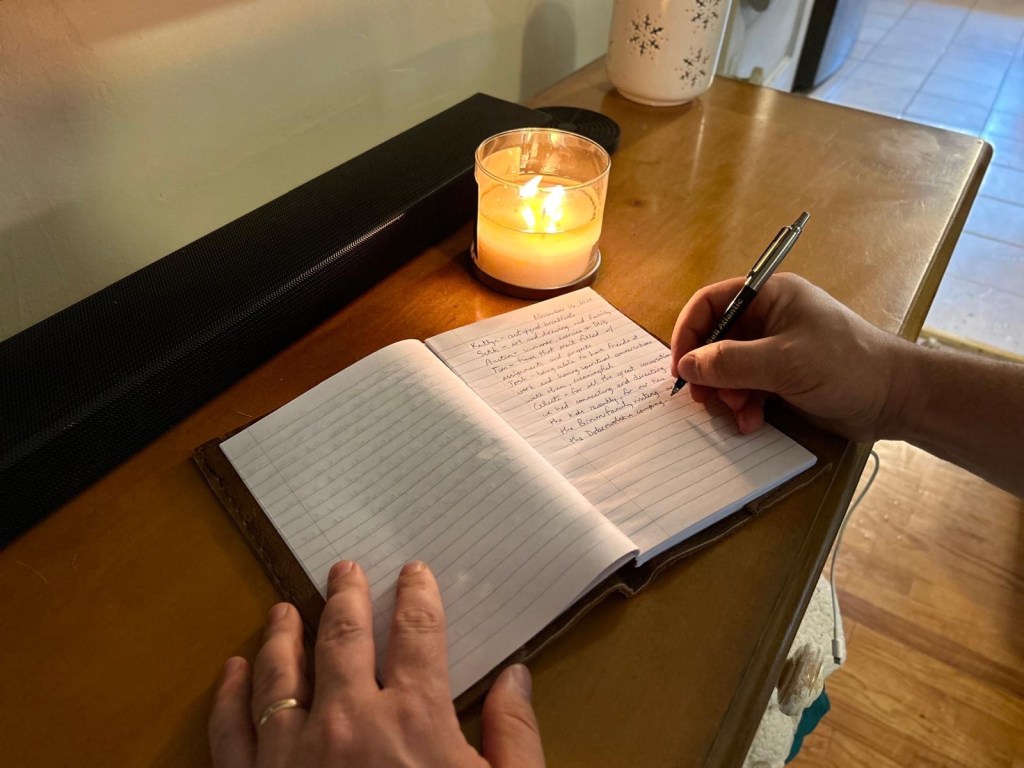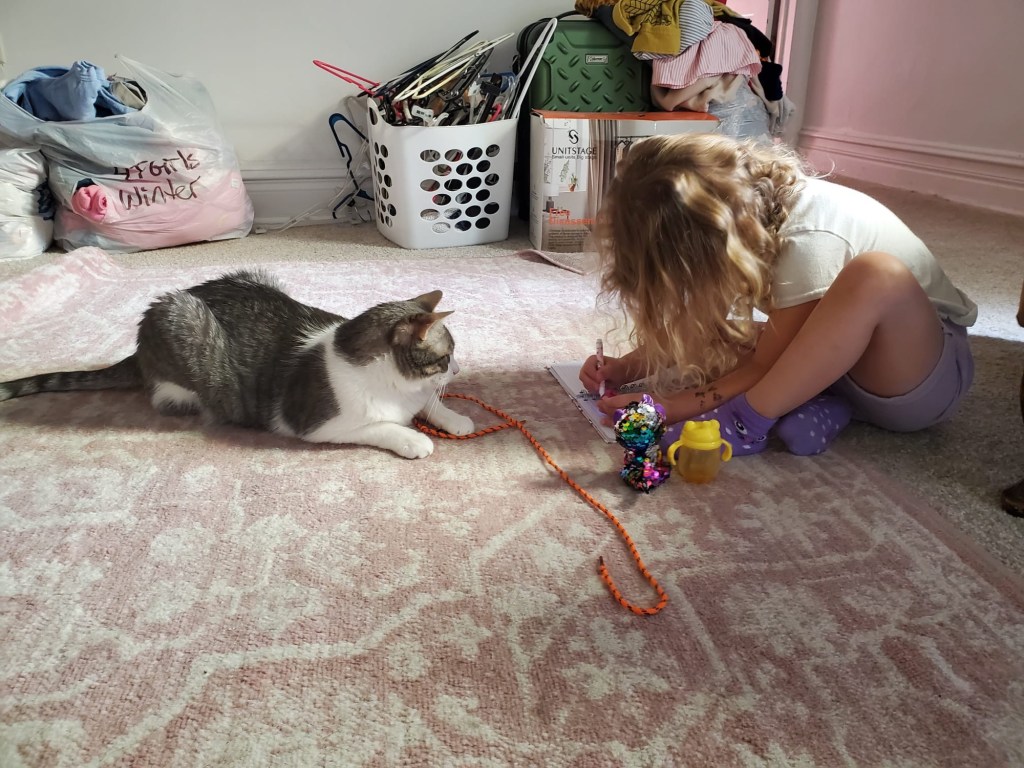Growing in Appreciation
“David, come look! See that bud right there? I planted that plant recently and look how it has grown and is getting ready to put out its first bloom. So beautiful!”

We live in a flat beside the Indian Ocean. I do not have really any earth that belongs to us except for garden containers on our balcony. But it is amazing what you can do with containers! I love to see my flowers pop up, mature, and thrive. Sometimes I have to prune heavily due to fungus or other things that are making plants deteriorate. Breaking up the soil to aerate it, and watering regularly, give a good probability that the flower in time will bud and bloom.
Remembering Pleasures
Do you take time to remember and ponder things that God has blessed you with? I have been meditating on this quote lately.
A pleasure is not full grown until it is remembered.
C. S. Lewis
We often think of pleasures just past as now fading, wilting, and dying, but Lewis says “no.” Bringing back to mind a pleasure, some happy thing, can be compared to bringing that pleasure to maturity.
No wonder God tells us to be thankful in all circumstances. When we reminisce about things that He has done for us, it brings that pleasure to full growth. The beauty is that in thankfulness, a memory continues to bloom and bloom and bloom throughout eternity. God’s pleasures don’t have an expiration date. Just a fuller satisfaction as time marches on.
The Hebrew Practice of Dayenu
Have you heard of the word dayenu? I had not. It was new to me.
“Dayenu” (meaning “it would have been enough”) is a 1,000-year-old traditional Jewish song and spiritual practice sung during the Passover Seder. It expresses profound gratitude for God’s blessings during the Exodus, listing 15 acts of liberation—from slavery to receiving the Torah—affirming that each blessing would have been enough, even if the journey had stopped there, but God kept on blessing.

Your Own Dayenu
Do you have a plan or tradition to initiate remembering? Churches practice the Lord’s Supper as a reminder to remember. Could you or your family or church do a dayenu regarding Jesus’ life and death? Try it some time!
Do you have a quiet time in the morning in which you can muse about God’s character and the amazing things He has done for humanity? He is not a distant, angry God. Our God loves. Our God plans. Our God came near. Our God became one of us. Our God teaches. Our God heals. Our God serves. Our God saves. Our God makes promises. Our God keeps promises. Our God is steadfast love and faithfulness. Our God is victor. Our God intends to dwell again with us. Our God cannot be stopped.
The mind will not automatically accrue information on the character of God. You need to renew your mind in the Word. It takes intentionality. David just finished teaching Bible Doctrine 1 in Uganda. The students worked hard. The hours were long, and it was hot. They learned about the character of God. We discussed that these character traits were not just lists to memorize, but were fuel for vibrant worship.
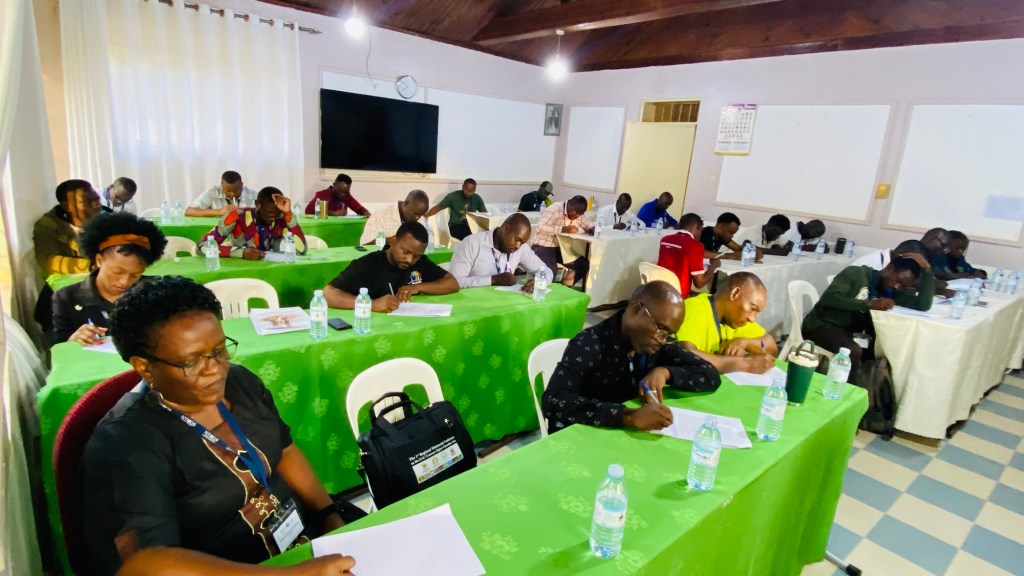
I love learning more about our incredible, marvelous Creator God. Learning is step 1; remembering is steps 2, 3, 4, 5 and so on. We must practice remembering the wonderful truths about our Redeemer and keep the pleasure of who He is and what He has done alive and growing.

Pleasures Full Grown
Thank You…..
for your genius, creativity, and power in the creation
for Your sovereignty over the affairs of men and nations, and my little life
for Your hesed, your steadfast love for us
that You never lie and are completely trustworthy in your timing and choices
that You know the end from the beginning
that you are not a meager God who can be figured out
that You made us in Your image and likeness
that you didn’t stay offended and aloof, but came to reconcile us to Yourself
That you sent Jesus to come as a baby, live a perfect human life and die as the perfect sacrifice for our sins, and rise again victorious over death, sin, hell, and the evil one
that You provide for Your own
that You know every smallest detail and how it all fits together
that you give us the ability to remember the pleasures you give us, and to enjoy them all over again through gratitude!



